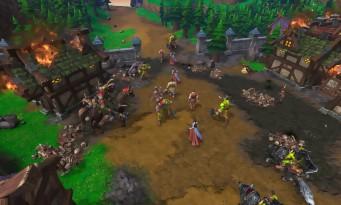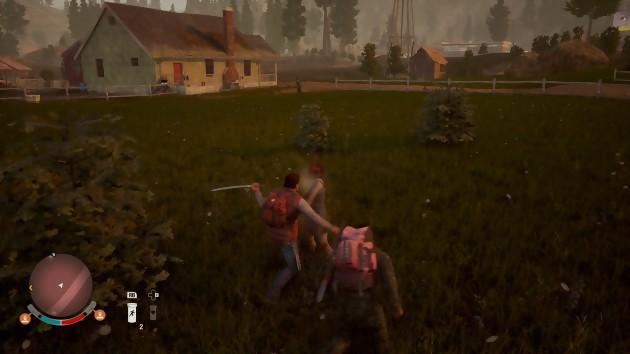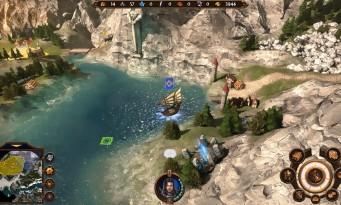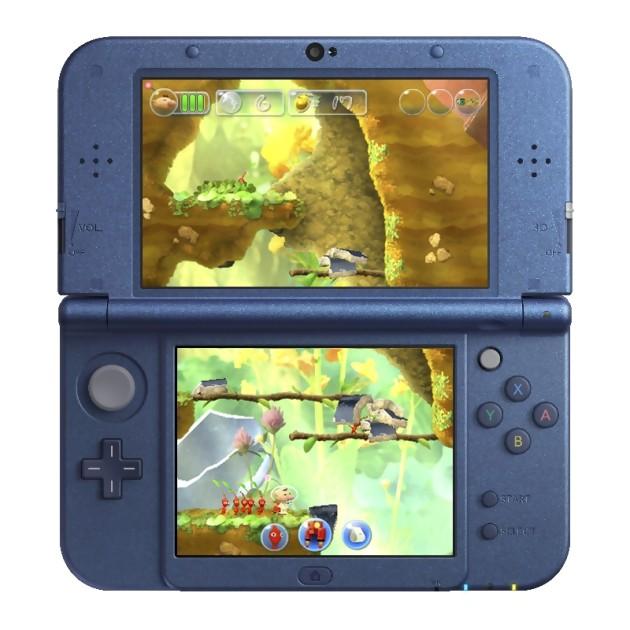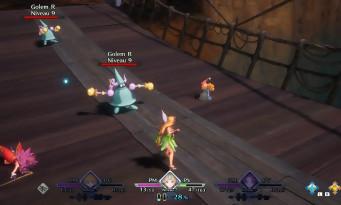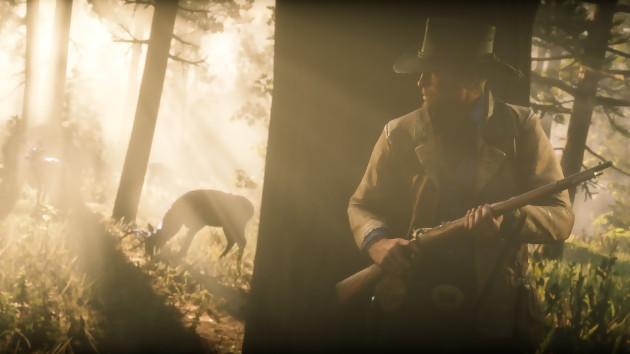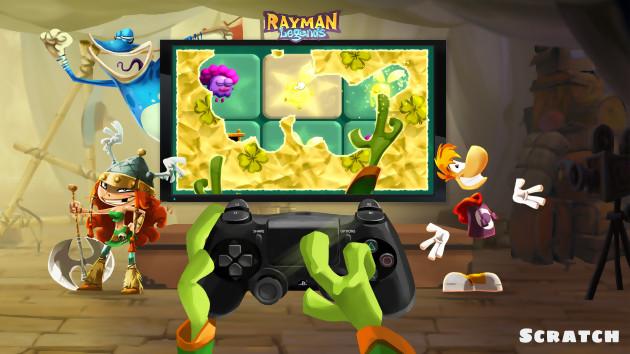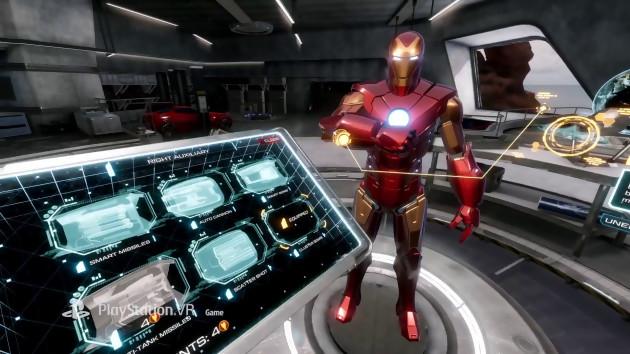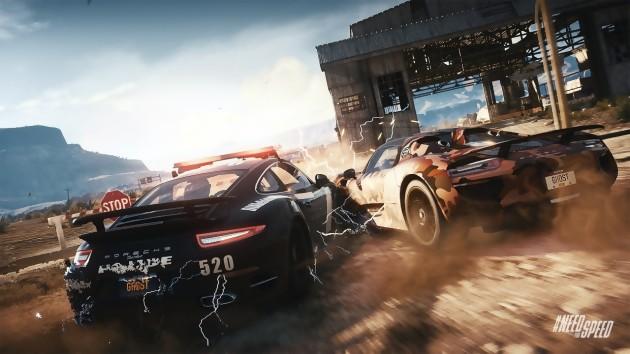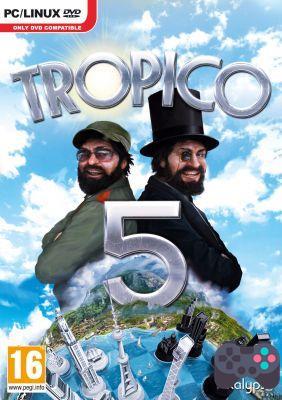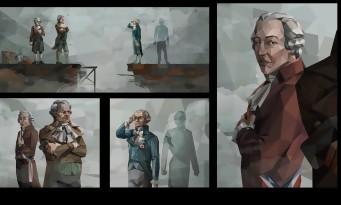 Atypical and full of small varied game mechanics, We. The Revolution is not a very easy title to approach as part of a test. So we're going to start gently with the two most obvious points: the scriptwriting context and the artistic direction. So we find ourselves in Paris at the end of the XNUMXth century, in the shoes of Alexis Fidèle, judge of the revolutionary court. This situation allows the player to meet many characters, some totally imaginary and others perfectly known. Thus, the opportunity is given to us to judge or to converse with Louis Capet (who was formerly called Louis XVI…), Marie-Antoinette, Danton, Robespierre or even Marat. The various bricks of the scenario, including the most fictitious, are part of a realistic historical context, which history buffs will necessarily appreciate. As for the others, the opportunity is given to them here to enrich their general knowledge effortlessly, and even in a very pleasant way. It's a win-win situation either way. We find with pleasure all the "folklore" of the French Revolution: guillotine, terror, tricolor flag, angry crowds and other cockades. This first good point for the game is accompanied by an artistic direction that sticks surprisingly well to the general atmosphere. Economical in polygons but strong in character, the "low poly" graphics are made with care and mastery. The cinematic scenes, as well as certain small phases of gameplay, take the form of drawings arranged in the manner of a comic strip. The sense of framing, perspective and dynamism unquestionably responds to the call, so much so that each sketch acts as a real little reward for the player. We. The Revolution may be technically limited and sparingly animated, but it's still very pleasing to the eye all the time. As for the gameplay, it turns out to be protean and much richer than expected.
Atypical and full of small varied game mechanics, We. The Revolution is not a very easy title to approach as part of a test. So we're going to start gently with the two most obvious points: the scriptwriting context and the artistic direction. So we find ourselves in Paris at the end of the XNUMXth century, in the shoes of Alexis Fidèle, judge of the revolutionary court. This situation allows the player to meet many characters, some totally imaginary and others perfectly known. Thus, the opportunity is given to us to judge or to converse with Louis Capet (who was formerly called Louis XVI…), Marie-Antoinette, Danton, Robespierre or even Marat. The various bricks of the scenario, including the most fictitious, are part of a realistic historical context, which history buffs will necessarily appreciate. As for the others, the opportunity is given to them here to enrich their general knowledge effortlessly, and even in a very pleasant way. It's a win-win situation either way. We find with pleasure all the "folklore" of the French Revolution: guillotine, terror, tricolor flag, angry crowds and other cockades. This first good point for the game is accompanied by an artistic direction that sticks surprisingly well to the general atmosphere. Economical in polygons but strong in character, the "low poly" graphics are made with care and mastery. The cinematic scenes, as well as certain small phases of gameplay, take the form of drawings arranged in the manner of a comic strip. The sense of framing, perspective and dynamism unquestionably responds to the call, so much so that each sketch acts as a real little reward for the player. We. The Revolution may be technically limited and sparingly animated, but it's still very pleasing to the eye all the time. As for the gameplay, it turns out to be protean and much richer than expected.
NO OBJECTION YOUR HONOR
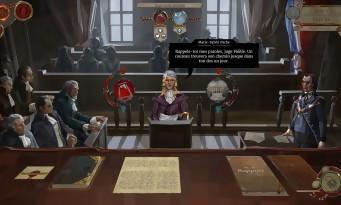 The heart of the game experience lies in the trials, which ask us to judge a case after studying the file and the exhibits. It is then necessary to link with relevance different keywords, automatically extracted from the main document, with different more or less legal terms (accusation, course of events, testimony, motive, mitigating circumstances, modus operandi, personality of the person judged, etc.). Each correctly found link unlocks a new question for the accused. The answers of this one will encourage the jury to favor the death penalty, the imprisonment or the exoneration, but you remain completely free of the final verdict. Except that you must try to please everyone, even though the jury, the revolutionaries, the common people, the aristocrats and your family do not necessarily have the same expectations. As a result, we must sometimes voluntarily leave aside certain questions, so that the jury goes in the desired direction, and sometimes resign ourselves to applying a verdict contrary to our convictions, in order to satisfy this or that faction.
The heart of the game experience lies in the trials, which ask us to judge a case after studying the file and the exhibits. It is then necessary to link with relevance different keywords, automatically extracted from the main document, with different more or less legal terms (accusation, course of events, testimony, motive, mitigating circumstances, modus operandi, personality of the person judged, etc.). Each correctly found link unlocks a new question for the accused. The answers of this one will encourage the jury to favor the death penalty, the imprisonment or the exoneration, but you remain completely free of the final verdict. Except that you must try to please everyone, even though the jury, the revolutionaries, the common people, the aristocrats and your family do not necessarily have the same expectations. As a result, we must sometimes voluntarily leave aside certain questions, so that the jury goes in the desired direction, and sometimes resign ourselves to applying a verdict contrary to our convictions, in order to satisfy this or that faction.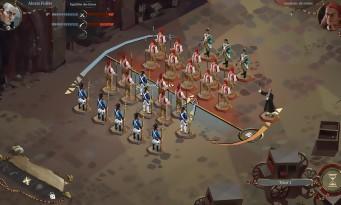 There is a whole system of reputation, relationships and points of influence, which forces you to constantly make concessions. We sometimes find ourselves judging according to the gauges (like a Reigns) rather than on the merits, but this reflects rather well the difficulty of evolving in a political and judicial environment. The only downside concerning the trials comes from the impossibility of choosing the witnesses ourselves among the protagonists of a case. They are imposed on us when we would sometimes like to hear the story of someone else. But We. The Revolution actually has very few shortcomings, since it multiplies the decisions to be made, the more or less hidden gauges, and the various small game mechanics. We can thus react to certain textual events, draw up reports for the prosecutor in answering questions about the case in progress, or even linking quick cases (small texts to be placed in a "guillotine" or "release" column). Naturally, each action has an influence on multiple parameters.
There is a whole system of reputation, relationships and points of influence, which forces you to constantly make concessions. We sometimes find ourselves judging according to the gauges (like a Reigns) rather than on the merits, but this reflects rather well the difficulty of evolving in a political and judicial environment. The only downside concerning the trials comes from the impossibility of choosing the witnesses ourselves among the protagonists of a case. They are imposed on us when we would sometimes like to hear the story of someone else. But We. The Revolution actually has very few shortcomings, since it multiplies the decisions to be made, the more or less hidden gauges, and the various small game mechanics. We can thus react to certain textual events, draw up reports for the prosecutor in answering questions about the case in progress, or even linking quick cases (small texts to be placed in a "guillotine" or "release" column). Naturally, each action has an influence on multiple parameters.
LIVE THE REVOLUTION!
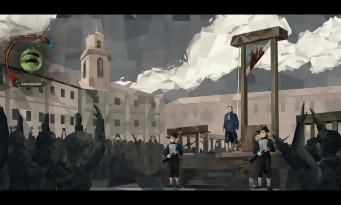 The game's success is also due to its lack of "political correctness". Crimes, thefts and sex scandals of all kinds follow one another and give rise to moral dilemmas more complicated than the other. Manichaeism is rarely in order with regard to the cases tried, while the general context gives pride of place to conspiracies, low blows, betrayals, lies and other manipulations. The revolutionary era would almost make the protagonists of Game of Thrones look like saints! Besides, your ultimate goal is not only to dispense justice but also to climb the revolutionary hierarchy. You will start at the bottom of a pyramid dominated by Robespierre himself, but will climb steadily over the course of the adventure, eliminating a few personalities along the way. This is done automatically according to your results in the different parts of the game, which does not just place you in front of trials. You will thus have to regularly convince the crowd or an interlocutor thanks to a mini-game of persuasion. You will then have to choose different approaches (joking, humility, aggression or manipulation) for each part of the conversation.
The game's success is also due to its lack of "political correctness". Crimes, thefts and sex scandals of all kinds follow one another and give rise to moral dilemmas more complicated than the other. Manichaeism is rarely in order with regard to the cases tried, while the general context gives pride of place to conspiracies, low blows, betrayals, lies and other manipulations. The revolutionary era would almost make the protagonists of Game of Thrones look like saints! Besides, your ultimate goal is not only to dispense justice but also to climb the revolutionary hierarchy. You will start at the bottom of a pyramid dominated by Robespierre himself, but will climb steadily over the course of the adventure, eliminating a few personalities along the way. This is done automatically according to your results in the different parts of the game, which does not just place you in front of trials. You will thus have to regularly convince the crowd or an interlocutor thanks to a mini-game of persuasion. You will then have to choose different approaches (joking, humility, aggression or manipulation) for each part of the conversation.
The game's success is also due to its lack of "political correctness". Crimes, thefts and sex scandals of all kinds follow one another and give rise to moral dilemmas more complicated than the other.
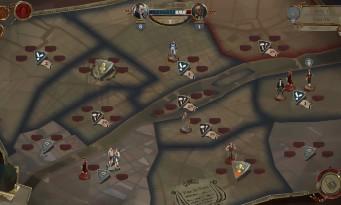 You can also participate in a fun dice game, personalize your seal, choose a statue to erect or even spend evenings with your family, in order to maintain good relations with each of its members. A very important point since a good understanding with your wife, your grandfather, your eldest son and your youngest will have a positive impact on the various general parameters. But that's not all ! The game continues to enrich its gameplay over the course of the adventure, and you will end up unlocking three large additional pieces. The Plots section offers actions to perform with more or less chance of success depending on the preferred approach, as well as additional persuasion sequences. Le Contrôle de Paris immerses you in a mini Civilization, where you will have to take possession of different districts of the capital by moving different figurines (Colossus, Diplomat, Spy, etc.) and unlocking buildings. Finally, turn-based tactical battles, where rows of infantry and artillery clash, are also part of the game. This mini-game is certainly the least successful, because the effect of the different tactics to be applied is not clear, which can quickly lead to game over. Fortunately, the game leaves us the possibility of resuming the game after the day (and therefore, basically, the trial) of our choice, which makes it easy to correct our mistakes. Speaking of errors, note that the localization is imperfect, since we can find some typos in the subtitles, that the longest sentences protrude from the screen during certain cutscenes, and that the game tends to revert in English at each launch. Small trifles which will certainly be corrected quickly, and which do not prevent already having a very good time with a historical adventure which is clearly out of the ordinary.
You can also participate in a fun dice game, personalize your seal, choose a statue to erect or even spend evenings with your family, in order to maintain good relations with each of its members. A very important point since a good understanding with your wife, your grandfather, your eldest son and your youngest will have a positive impact on the various general parameters. But that's not all ! The game continues to enrich its gameplay over the course of the adventure, and you will end up unlocking three large additional pieces. The Plots section offers actions to perform with more or less chance of success depending on the preferred approach, as well as additional persuasion sequences. Le Contrôle de Paris immerses you in a mini Civilization, where you will have to take possession of different districts of the capital by moving different figurines (Colossus, Diplomat, Spy, etc.) and unlocking buildings. Finally, turn-based tactical battles, where rows of infantry and artillery clash, are also part of the game. This mini-game is certainly the least successful, because the effect of the different tactics to be applied is not clear, which can quickly lead to game over. Fortunately, the game leaves us the possibility of resuming the game after the day (and therefore, basically, the trial) of our choice, which makes it easy to correct our mistakes. Speaking of errors, note that the localization is imperfect, since we can find some typos in the subtitles, that the longest sentences protrude from the screen during certain cutscenes, and that the game tends to revert in English at each launch. Small trifles which will certainly be corrected quickly, and which do not prevent already having a very good time with a historical adventure which is clearly out of the ordinary.










